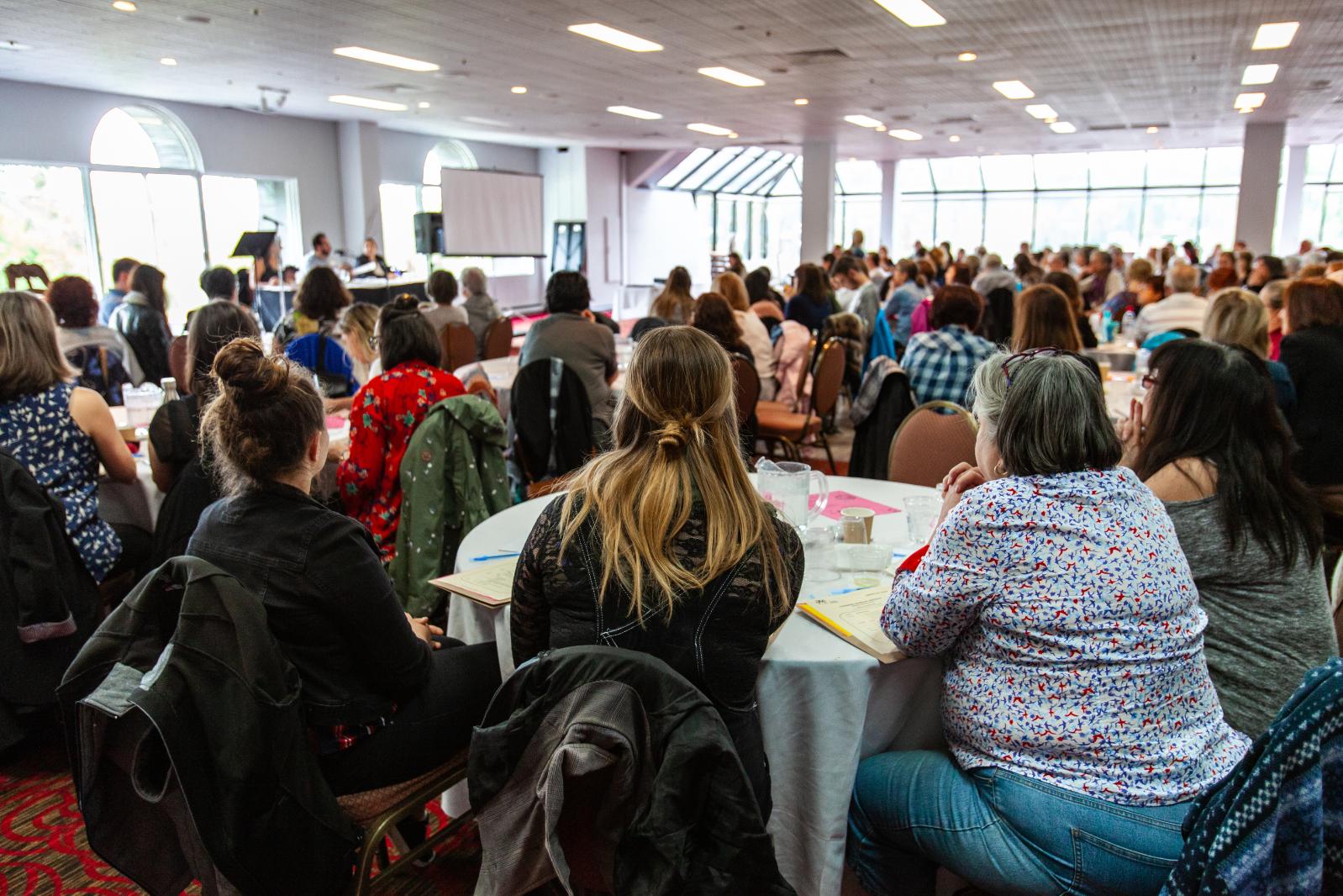Scoping rare disease education and training needs for NI
A rapid scoping review of rare disease education needs for Northern Ireland: 2020 update to our 2018 report.

A rapid scoping review of rare disease education needs for NI
McMullan J1, Moore K2, McKnight AJ1,2
1. Centre for Public Health, Queen’s University of Belfast; 2. Northern Ireland Rare Disease Partnership; DOI 10.17605/OSF.IO/UJ9KR
This is an update to our 2018 review for January 2020 to provide an update on progress against recommendations and comply with updated reporting guidelines – the PRISMA Extension for Scoping Reviews (PRISMA-ScR, published September 20181)
Individuals living and working with rare diseases often voice concerns about healthcare and non-medical professionals not being sufficiently informed and educated about rare diseases. While this may involve the challenge of not knowing where to find accurate, timely information, it is complicated by rapid technological advances and mainstreaming of genomic medicine across the UK.
Rapid laboratory and computational advances are providing significant reductions in the time for many individuals to receive an accurate diagnosis of rare diseases with a genetic cause. However, such tools will not be effective unless there is the right level of accompanying education to enable our existing NHS workforce to consent individuals in this era of genomic medicine, interpret whole genomes sequencing results, and deliver best outcomes for patients. Training for healthcare professionals using genomics and bioinformatics in the NHS will be an evolving programme of workforce development and transformation across multiple levels. Urgent training is required in the short-term for five distinct workforce groups:
(1) clinical and research staff involved in recruiting patients / consenting individuals for whole genome sequencing as part of Northern Ireland’s participation in the 100,000 genomes project, capturing core information sets, and sharing data within relevant ethical and governance guidance.
(2) specialist healthcare scientists such as NHS clinical genetic scientists, molecular pathologists, and bioinformaticists to enable them to handle genome sequencing data and generate interpretive clinical diagnostic reports;
(3) clinical staff involved in delivering results to enable them to interpret clinical diagnostic reports, deliver results to patients that may include unexpected findings, and take appropriate action to maximise patient care;
(4) general healthcare professionals who are not presently consenting individuals or delivering whole genome sequencing results to raise awareness of genomic medicine, red flags to consider rare disease investigations, and improved patient care.
(5) Non-medically trained health and social care professionals supporting individuals living and working with rare diseases.
The development of ENCOMPASS as Northern Ireland’s digital integrated care record has significant potential to improve rare disease diagnosis and patient care, but customised training will be required to maximise outcomes for rare diseases from this initiative. In the longer-term, ongoing training is essential to accommodate increasing numbers of individuals eligible for whole genome sequencing data, multidisciplinary genomic interpretation, the implementation of multiomic (transcriptomics, proteomics, metabolomics, epigenomics) analysis, and the incorporation of developing models of care for rare diseases. Developing education and training tools should be flexible to allow for convergence of individual specialisms and provide future healthcare professionals with an appropriate skill mix to improve diagnosis and care for rare diseases.

This report describing local education and training needs is the culmination of many years research, including many collaborative events to inform contents of this document.
This report provides evidence for thirteen recommendations to improve local rare disease education and training.
Acknowledgements: We thank all the individuals, patients, families, community groups, health, social, and educational professionals, colleagues, facilities managers, and participants who generously gave their time and shared expertise to develop this document. Your input is much appreciated.

Media
For more information, please do get in touch via email

